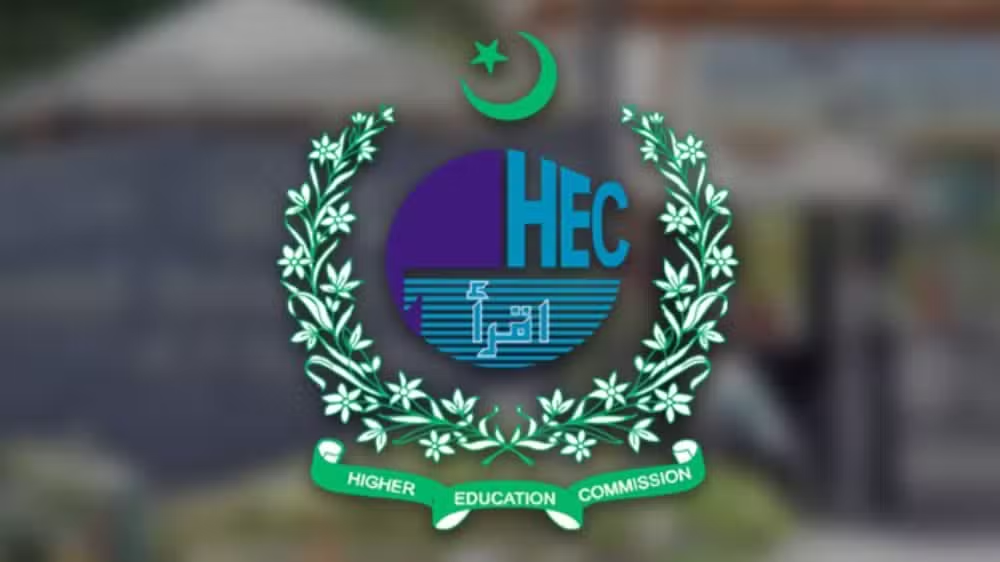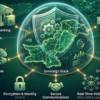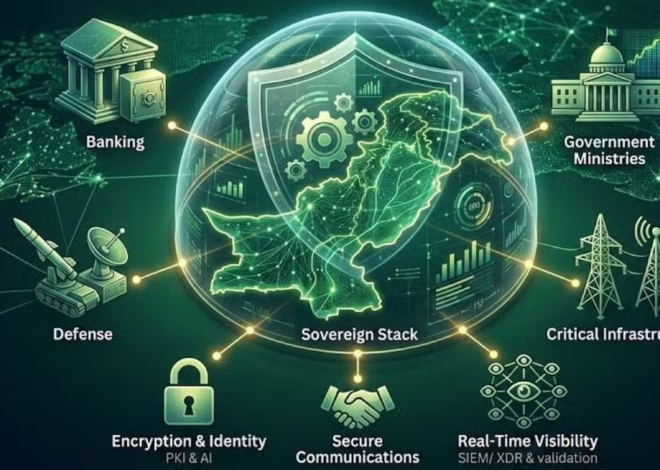
HEC Introduces Modernized Geology Curriculum
Integration of Emerging Technologies
The Higher Education Commission (HEC) of Pakistan has revamped the geology syllabus to align academic learning with modern technological advancements. The move aims to equip students with contemporary skills essential for research and industry applications. This change is expected to enhance the relevance of geology education in Pakistan by integrating artificial intelligence (AI), geospatial analytics, and computational modeling into the curriculum.
Key Revisions in the Syllabus
- Introduction of AI and Computational Geology: The new syllabus emphasizes AI-based geological assessments, predictive modeling, and automated data analysis techniques.
- Incorporation of Remote Sensing and GIS: Geographic Information Systems (GIS) and remote sensing techniques will now be a core part of the curriculum to enhance spatial data analysis capabilities.
- Updated Field Training Modules: Practical fieldwork components have been strengthened to ensure students gain hands-on experience in geological mapping and surveying.
- Environmental and Sustainable Geology: The curriculum will now include courses on climate change, natural disaster mitigation, and sustainable resource extraction.
- Collaboration with Industry: The revised syllabus will facilitate partnerships with geological survey organizations and mining companies to provide real-world experience to students.
- International Standard Alignment: The curriculum has been updated to meet international educational standards, making Pakistani graduates more competitive globally.
These updates will enhance students’ skills, making them more competitive in the global job market while ensuring Pakistan’s geology graduates are well-versed in the latest industry trends.







